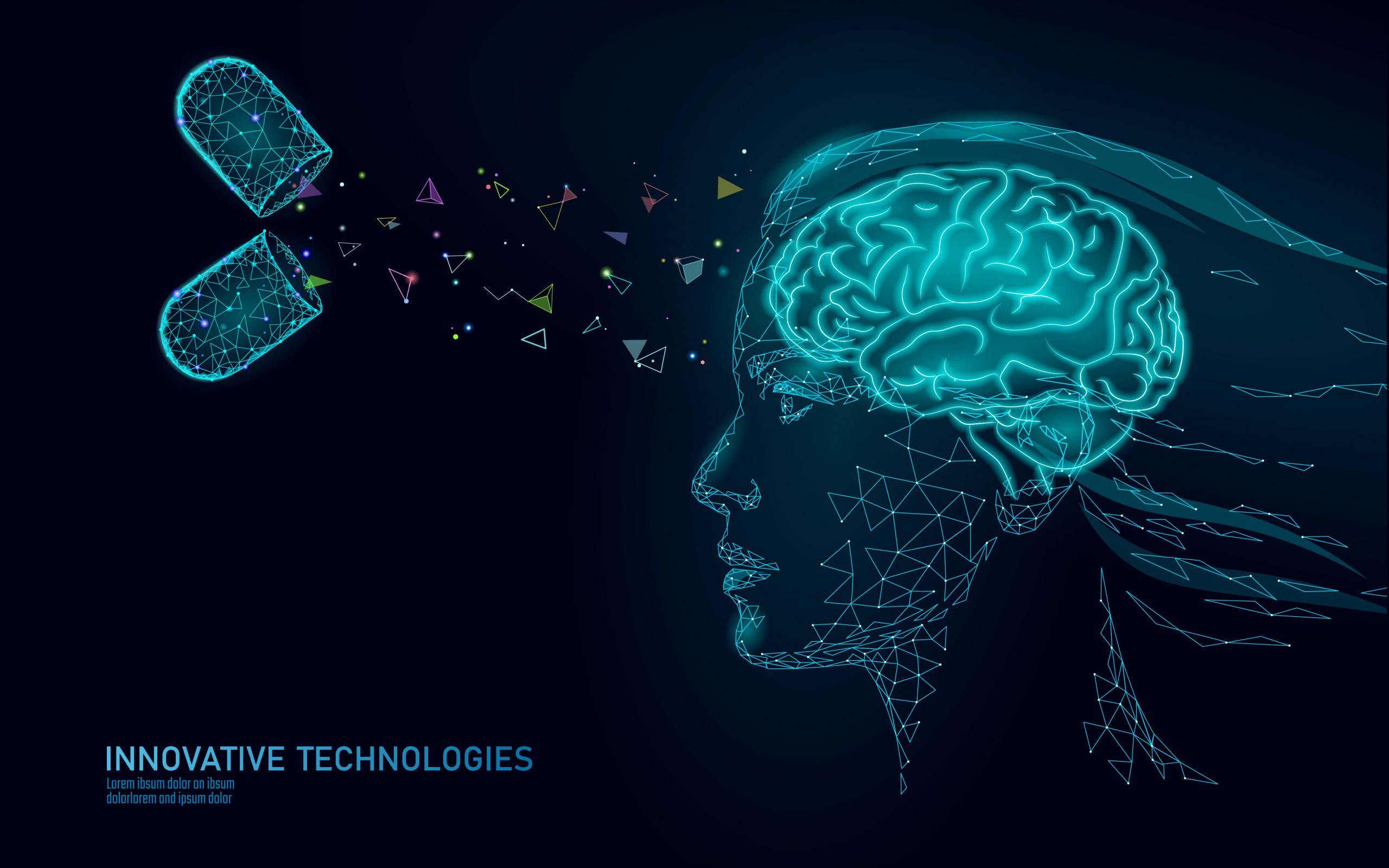Most people seeking drug and alcohol treatment are familiar with the short-term effects of alcohol on the brain, from the so-called “positive” effects, such as relaxed inhibitions and a feeling of well being, to the more obviously negative ones, such as slurred speech, impaired movements, and a highly emotional state.
Alcohol is such an ingrained component of American social life that at some point or another, most people in this country find themselves inebriated well past the point of intoxication, experiencing the painful hangover effects the next day as the alcohol leaves their system. For some, alcohol can be regulated and controlled while for others there is an inability to stop until the point of blacking out.
For alcoholic many parts of the body are damaged by excessive alcohol consumption, but many people are only aware of the liver being the recipient of the most abuse when really the brain suffers as well. This article will focus on the brain and the impact alcohol has on brain function.
How is the brain impacted by alcoholism?
What part of the brain is affected by alcohol to produce these symptoms? Is anyone susceptible to the devastating long-term effects of alcohol use on the brain, or does alcoholism cause brain damage? We go over the long-term effects of alcohol on the brain to answer these questions.
Alcohol is a central nervous system depressant, primarily affecting GABA, GAMA, glutamate, and dopamine receptors in the brain. While the other neurotransmitters are the reason that alcohol has such a severe effect on motor function and speech, it is the dopamine receptors that are triggered that cause feelings of euphoria and are the main factors in the addictive potential of alcohol.
Damaging Impacts of alcohol on the brain
Chronic, long-term alcohol abuse has very different consequences than the varied results of occasional to moderate consumption. While the same individual can go from being the life of the party to needing help with their bodily functions over the course of a single evening depending on their blood alcohol level (BAC), long-term alcohol abuse has much more dire effects on the brain. While occasional and moderate alcohol users are not immune to the cognitive impairment associated with drinking, it is the long-term abusers of alcohol who are most at risk.

Long-term, heavy drinkers are at risk of developing disabilities in brain function that remain even after periods of abstinence. To put it another way, the deficit in brain function is no longer caused by the alcohol itself, but by the damage that prior drinking did on brain tissue. Chronic drinking shrinks the brain, severely impairing memory, visuospatial relations, and abstract thinking.
Other conditions that arise from alcoholism
Additionally, Wernicke-Karsakoff Syndrome (WKS) is a severe condition caused by chronic alcohol abuse. This thiamine deficiency in the brain, also known as “Wet Brain”, can result in paralysis of eye nerves, confusion, and developmental disabilities: the inability to learn and retain new knowledge.
If you or someone you know is an alcoholic or struggling with alcohol or drug abuse, help is here. United Recovery Project is dedicated to helping and serving those suffering from narcotic of alcohol abuse.
We provide a wide-ranging array of services which include drug and alcohol detox, intensive outpatient and sober living, alumni program, and substance and alcohol treatment which goes to show how committed we are to ensure you are in a position to achieve long term recovery. Contact us or a nearby rehabilitation facility today to seek help.


